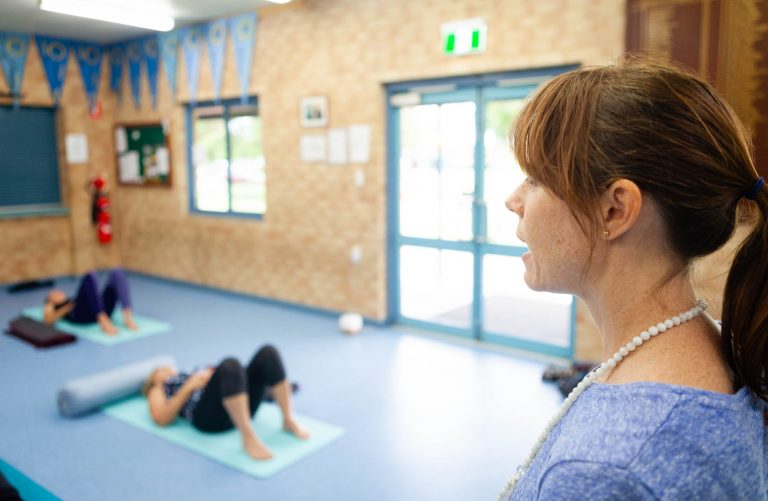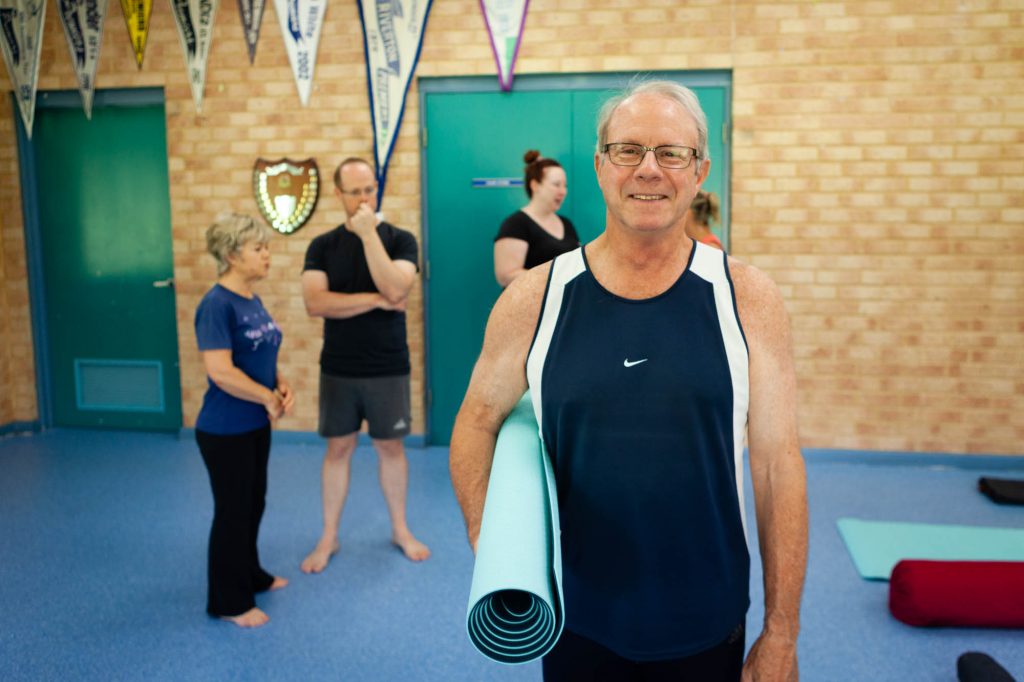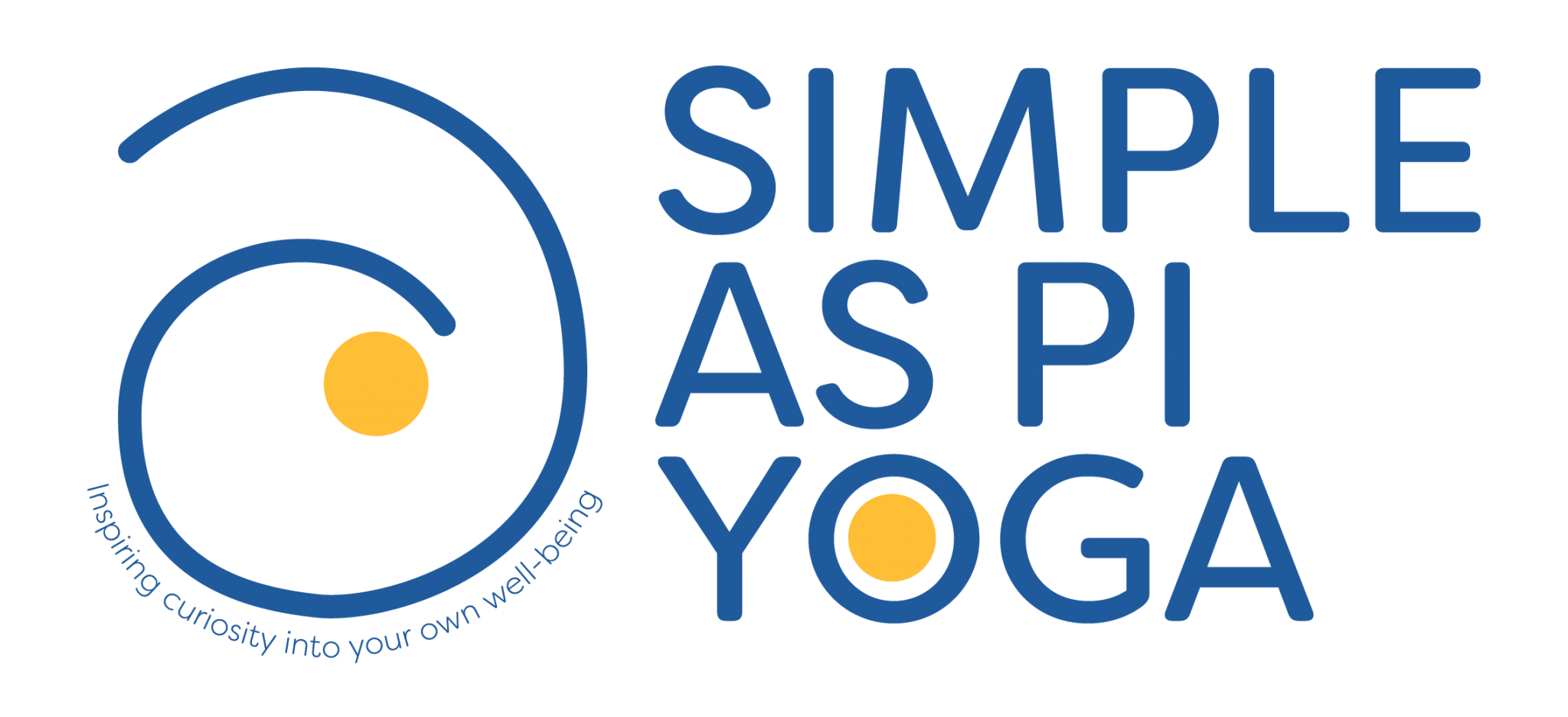
While all forms of yoga have the potential to offer therapeutic benefits, Yoga Therapy stands out as a specialised modality that collaborates seamlessly with other healthcare practitioners and services. It is a globally recognised complementary and personalised therapy supported by a growing body of scientific evidence.
Certified International Association of Yoga Therapists (C-IAYT) Yoga Therapists possess a comprehensive, globally recognised qualification that enables them to skillfully guide individuals or small groups through the safe and accessible practice of Clinical Therapeutic Yoga. This specialised approach involves the adept application of various yogic tools, including postures/exercises, breathwork, and meditation techniques, tailored to address the unique physical, mental, and emotional needs of each individual.
Recently re-defined by the International Association of Yoga Therapists:
Yoga therapy is the professional application of the principles and practices of yoga to promote health and well-being within a therapeutic relationship that includes personalised assessment, goal setting, lifestyle management, and yoga practices for individuals or small groups. A Yoga Therapist goes through in-depth Post Graduate training, minimum of 3 years, to help assess and keep their clients safe. They work with you to address your specific goals so each consultation is “client led” and patient centered. They also consider any limitations you might be experiencing.
International Association of Yoga Therapists Tweet
To become a Yoga Therapist, one must complete a postgraduate, scientifically informed training, which lasts a minimum of 2 years. Each therapist is equipped with a current scientific knowledge base to maintain industry standards. A prerequisite for yoga therapy training is a minimum of 2 years of professional yoga teaching experience.
Yoga Therapists collaborate closely with individuals and small groups to address specific health and well-being goals. They are trained to consider and adapt to the physical and mental limitations of each individual. Applied techniques may include:
- Movement ranging from gentle to strong
- Breathing practices
- Meditation or visualisation techniques
- Physical postures that address specific areas of discomfort, pain or musculoskeletal imbalances
- Empowering their clients to explore ways to manage pain, trauma, anxiety, depression, stress to name a few
- A combination of all of these and more!
It will depend on what you and your body may need in order to address your current health concerns and aim to support your well-being journey.

Contrary to common misconceptions, yoga is not solely about stretching or movement. Clinical therapeutic yoga can benefit both those who are physically limited and active individuals—no fancy lycra required!
The yogic model of health is unique because it addresses every aspect of life rather than considering each body part or system separately. Therapeutic yoga provides a safe way to work with the natural capacity of your body and mind to optimise well-being.
While a general public yoga class can alleviate everyday aches, pains, and mood complaints, a Clinical Yoga Therapy session, whether one-on-one or in a small group, goes much further because it is tailored to the individual.
